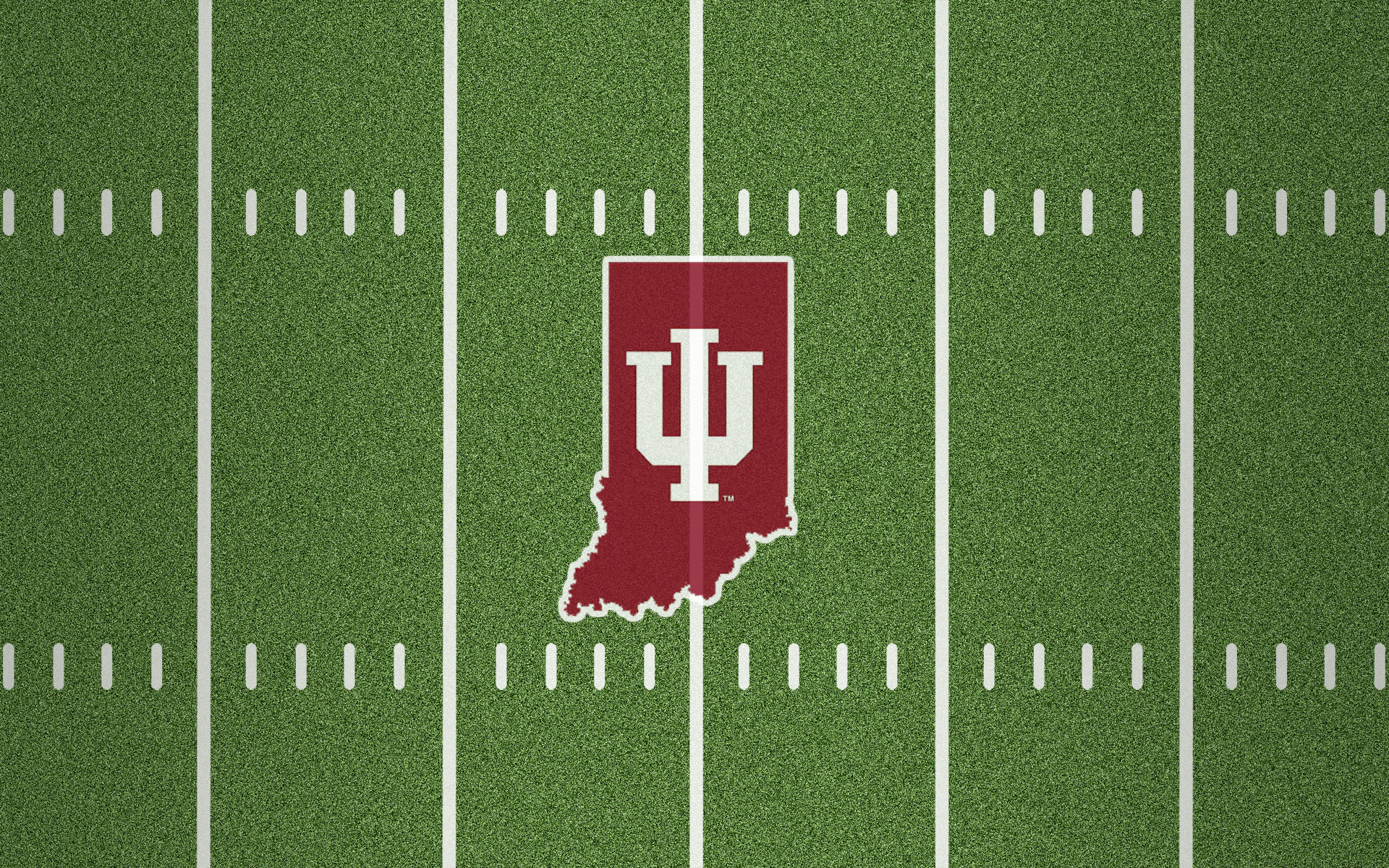With Immediate Eligibility for Transfers Looming, We Ask is This a Good or Bad Thing?
/NCAA.org
Written By Nathan Comp
Huddle Up: The Details
As early as September 2017, Andrew Slater of 247Sports broke a story revealing a potential major change in college football and basketball: immediate eligibility for transfers. Yesterday, those rumblings got louder as it was revealed these changes may be much closer on the horizon than it was originally thought.
While currently athletes who decide to transfer are required to sit out a year after changing schools, this change would allow for athletes to be immediately eligible to play as soon as they stepped foot on campus. This luxury is only available for graduate transfers as the rules are written now. They are designed to protect the student aspect of student-athletes, who may struggle with credits transferring, while this issue would not arise with graduate transfers.
Further details of the proposed change included both an academic requirement, likely a 2.7 or 2.8 GPA, in addition to allowing a non-graduate transfer only once according to Jon Rothstein of CBS Sports.
Now that this rule change is looming, the question must be asked: is this a good change?
The Good
There is no doubt that there is a power imbalance in today’s state of collegiate athletics. Universities bring in millions of dollars each year through their athletics programs and none of this is distributed to the athlete’s pockets. The first positive of this rule is that it would shift the scale in the athlete’s direction. Even by considering this change it is clear that the NCAA has heard the public’s complaints and is attempting to restore some of its athlete inequality. While past rules have been rigid towards athletes, this change would grant flexibility.
The second positive of the change, and where I see the greatest benefit, is in times of coaching changes. No athlete should have to endure strict transfer rules when the coach they committed to is free to move on to another job in the blink of an eye. And even as much money goes into better training facilities, stadiums and campuses, at the end of the day, recruits are committing to schools because of their coaching staffs.
The Bad
From a coach’s perspective, this change would likely be pages long. No coach wants to give up all the power he or she already has. However, I see the change having two major pitfalls.
The first of these comes from the dirty recruiting that we all assume already occurs in college sports today. By opening immediate transfer eligibility, the recruiting shadiness does not stop when pen meets paper on signing day. Suddenly, athletes can be recruited throughout their collegiate eligibility. What’s to stop a coach from talking to a player from the other team who just beat up on them? The FBI has already gotten involved in college basketball – opening recruitment further just tempts the Rick Pitinos of the world too much.
As an avid college sports fan, the second downside is a tough pill to swallow. By allowing immediate eligibility, small schools are bound to be the ones hurt the most. One of my favorite things about college athletics is that I truly believe they never disappoint. Whether you are watching a battle of blue bloods or mid-major schools battle it out, you are bound to enjoy the show. By allowing mid-major players to transfer to bigger schools without penalty, the smaller schools will lose their best players and the quality will diminish. What was before a great contest between mid-majors becomes the professional equivalent of watching the Browns face the Jets, let’s be honest nobody wants to see that. In addition, you’re going to really hate when Alabama football is not only loaded with the best high school talent but also the best small school seniors in the nation.
What’s your opinion on the matter? Get involved with us on social media @Hoosier_Huddle or join the discussion in the comments below.
Fans of Hoosier Huddle can help support the site by shopping on Amazon using the ad below at no cost to the shopper. Thank you for your support.




